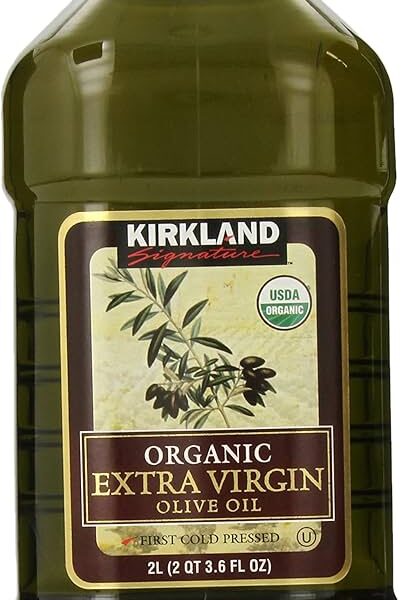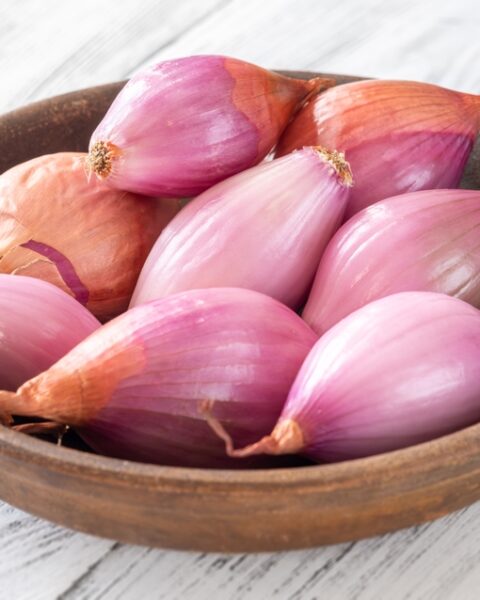Organic food is becoming increasingly popular as people become more health-conscious and environmentally aware. However, shopping for organic food can be confusing, overwhelming, and expensive. Many people make mistakes when shopping for organic food, which can lead to frustration, disappointment, and wasted money. In this article, we’ll explore the 10 biggest mistakes people make when shopping for organic food and provide tips on how to avoid them.
Contents
- 1 Assuming ‘Organic’ Means ‘Healthy’
- 2 Overlooking the ‘Dirty Dozen’
- 3 Neglecting the ‘Clean Fifteen’
- 4 Not Checking Labels
- 5 Thinking ‘Natural’ Equals ‘Organic’
- 6 Forgetting About Local Farmers
- 7 Dismissing Frozen Organics
- 8 Buying Organic Junk Food
- 9 Overpaying Out of Brand Loyalty
- 10 Assuming All Organic Farms Are Small and Ethical
- 11 More From RetailShout
- 12 10 Gluten-Free Grains for a Nutrient Boost
- 13 Ditch These 15 Bad-Fat Foods for Lasting Weight Management
Assuming ‘Organic’ Means ‘Healthy’

Many people think if something is labeled organic, it’s automatically nutritious. Why Avoid: Organic cookies, for instance, can have just as much sugar as non-organic ones. Organic simply refers to how ingredients are grown/produced.
Overlooking the ‘Dirty Dozen’
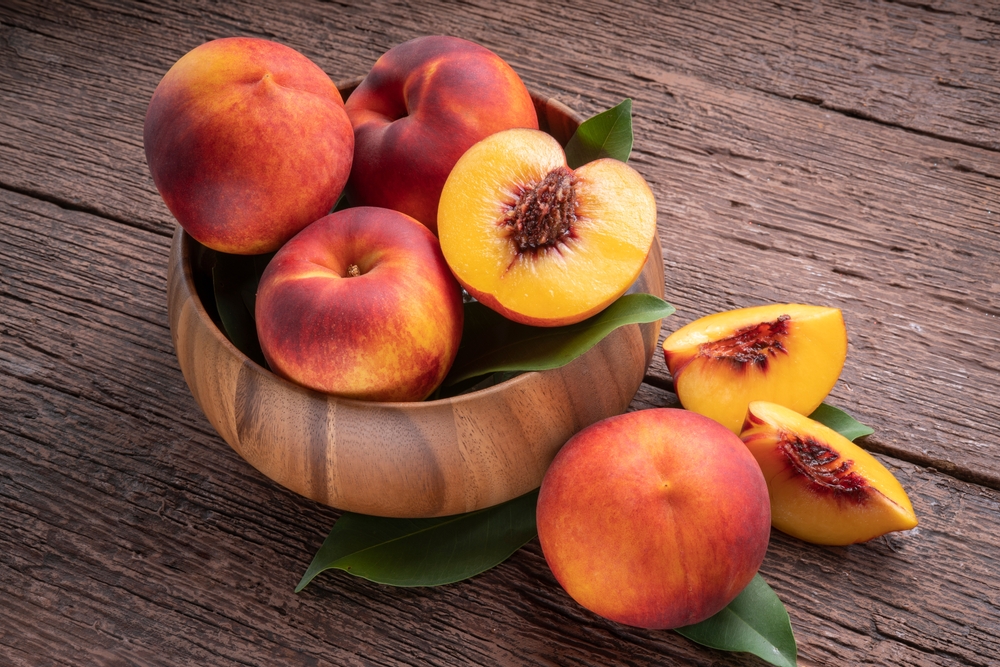
Not familiarizing oneself with the “Dirty Dozen” list which identifies produce with the highest pesticide residues. Why Avoid: To get the most out of your organic budget, focus on buying organic versions of these high-residue foods.
Neglecting the ‘Clean Fifteen’
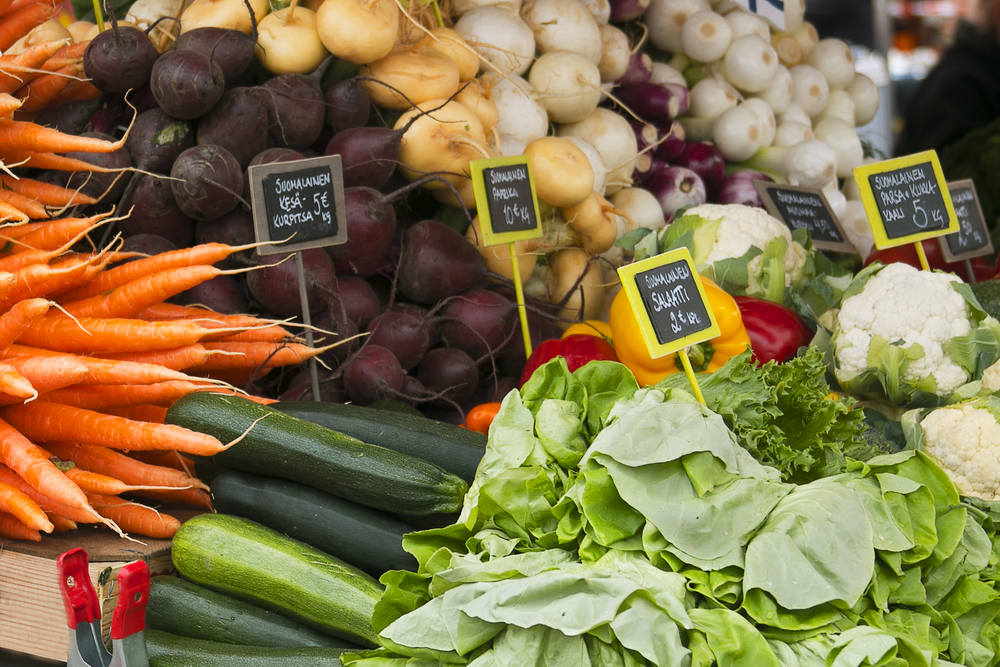
Not knowing about the “Clean Fifteen”, which lists produce least likely to hold pesticide residues. Why Avoid: If on a budget, you can feel more comfortable buying these items conventionally.
Not Checking Labels

Believing something is organic without checking for the USDA organic seal. Why Avoid: Misleading marketing can make non-organic products appear organic. Always look for the official certification.
Thinking ‘Natural’ Equals ‘Organic’
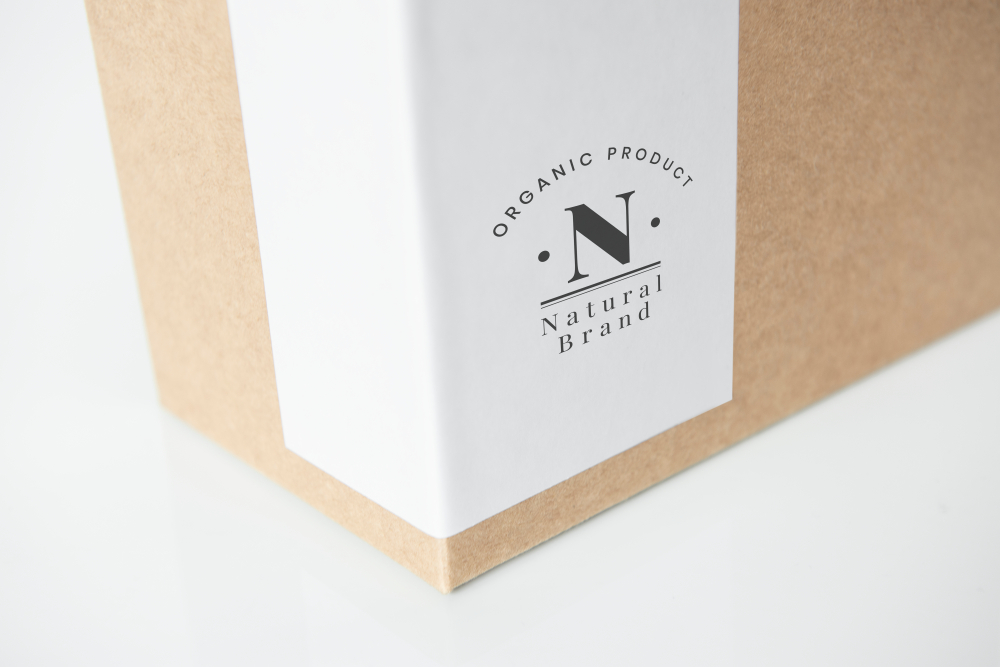
Confusing the terms “natural” and “organic” on packaging. Why Avoid: The term “natural” isn’t regulated like “organic” and doesn’t guarantee any organic standards.
Forgetting About Local Farmers

Only shopping in the organic section of big supermarkets. Why Avoid: Local farmers might use organic practices but not have official certification due to the cost. It’s worth asking and supporting local.
Dismissing Frozen Organics

Overlooking the frozen section for organic fruits and vegetables. Why Avoid: Frozen organic produce can be just as nutritious, often cheaper, and offers off-season variety.
Buying Organic Junk Food
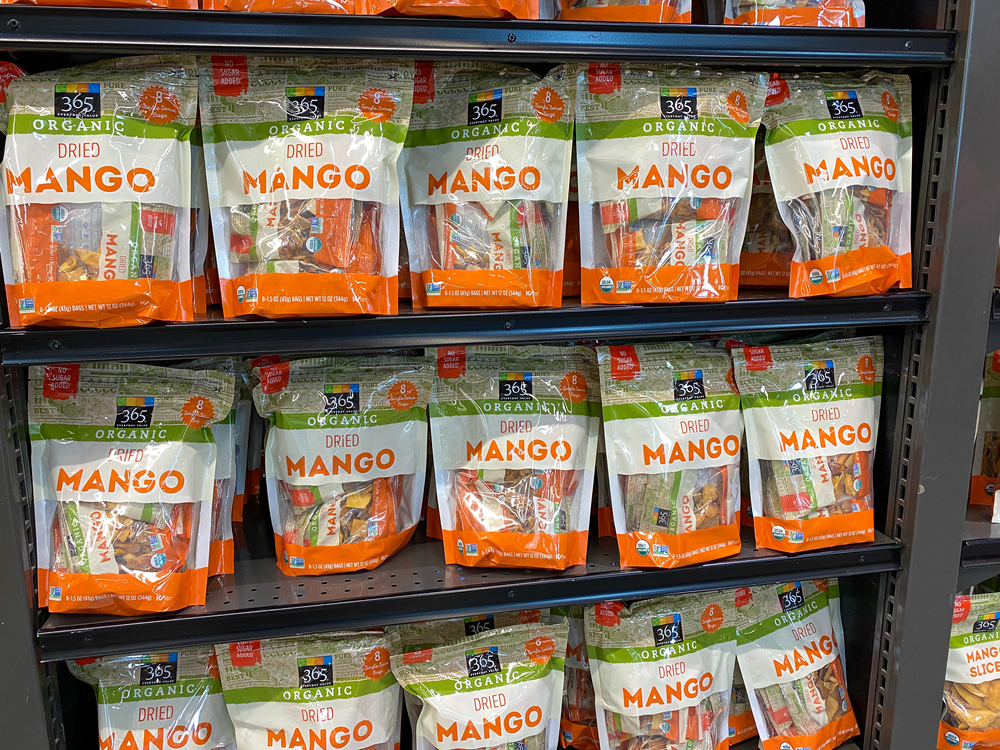
Stocking up on organic snacks and sweets thinking they’re much better. Why Avoid: Organic chips or candies still have empty calories and can contribute to weight gain and other health issues.
Overpaying Out of Brand Loyalty

Sticking to a familiar brand even if it’s more expensive. Why Avoid: Store brands often offer organic options at a fraction of the price of name brands.
Assuming All Organic Farms Are Small and Ethical

Believing all organic food comes from small, family-run farms. Why Avoid: Some are large corporate farms with practices that might not align with consumers’ ethical values, even if they’re technically organic.
This article originally appeared on RetailShout
More From RetailShout
13 Tips for Quick and Healthy Weekday Meals
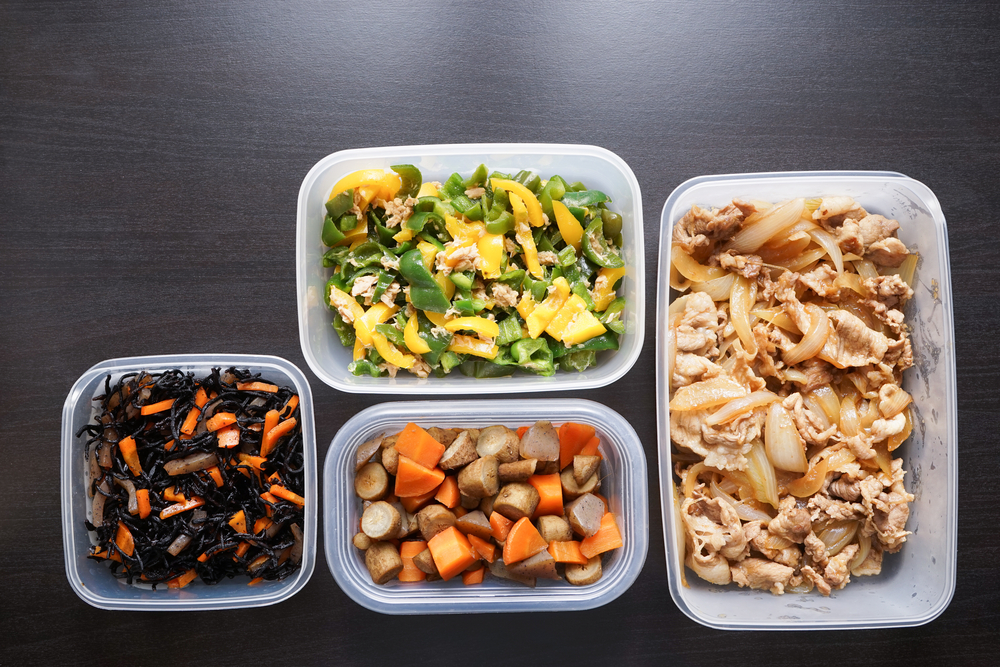
We all know how hectic weekdays can get, and trying to eat healthy during the chaos can feel impossible. But with a bit of planning and some smart strategies, you can stay on track with your nutrition goals. Read More.
10 Gluten-Free Grains for a Nutrient Boost

Switching to gluten-free grains can be a great way to diversify your diet and boost your nutrition. There are plenty of delicious and nutritious grains that are naturally gluten-free and can easily fit into your diet. Read More.
Ditch These 15 Bad-Fat Foods for Lasting Weight Management
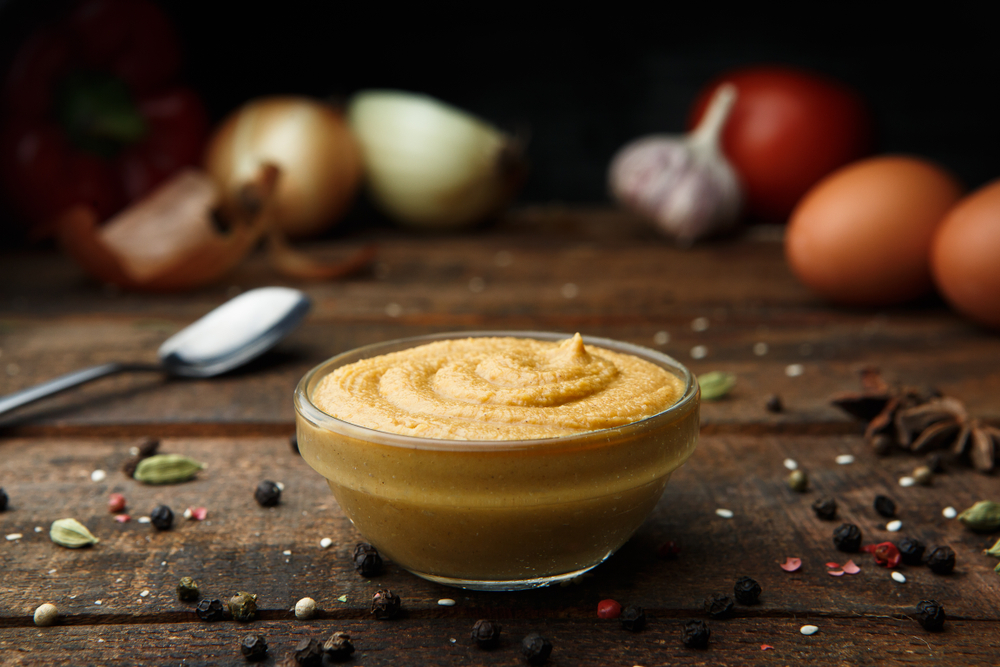
We all know that losing weight can be a challenge, especially when some of our favorite foods are packed with unhealthy fats that hinder our progress. It’s not just about cutting calories; it’s about making smarter choices that benefit our overall health. Read More.

